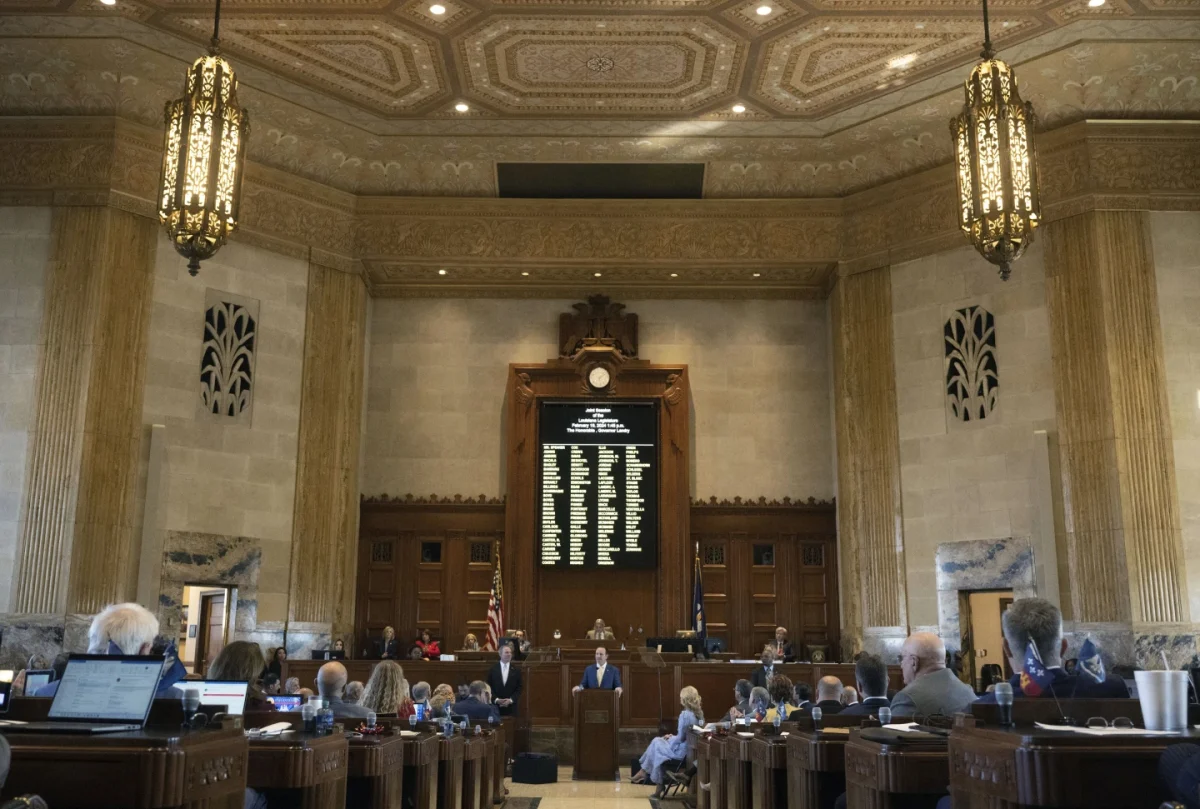“Fake it ‘til you make it” is great advice for temporary problems, like gaining confidence or crushing a job interview. Sometimes keeping up a competent and confident appearance is all you need to get through a situation. Pretending to know what you’re doing while privately working on gaps in your knowledge, however, is detrimental to America’s political discourse.
Too often, uniformed individuals offer up seemingly unshakeable opinions about issues they know very little about in an attempt to maintain an image of superiority and authority on politics. Rather than boxing ourselves into hard and fast positions we may not actually believe, admitting ignorance and working to educate ourselves on current events and issues would be more beneficial to the American political climate long term.
Being uniformed – or just not informed enough to feel comfortable forming a strong opinion – shouldn’t necessarily be something embarrassing. Unless someone is willfully ignorant, they probably have a decent reason for being uninformed, whether it’s a lack of educational resources or a lack of time and energy.
Students balance a lot in their daily lives, including studying, family, friends, extracurriculars, resume building. It can be difficult to set aside time to catch up on the news or do research on a controversial political issue. Especially in recent months with so much else going on in the world, with the coronavirus pandemic, the Black Lives Matter movement, the Yemen Crisis and the 2020 presidential election, it seems impossible to stay up to date with everything and turn in assignments on time.
In conversations about topics you aren’t well-educated on “I’m not informed enough” should be preferable to “My opinion is the only valid opinion.” That leaves the door of communication open rather than slamming it shut on everyone who expresses a different viewpoint.
Though Twitter and other social media platforms are rife with examples of users blaming “PC culture” or oversensitivity, one of the most famous examples of this is President Donald Trump’s fake news tweet. Denying the existence of information or problems that don’t align with your politics – and calling them “fake news” – is exactly the kind of problematic response we’ve been seeing so much of lately. Trump revived the now well-known phrase recently in a Tweet mocking Joe Biden speaking about the Affordable Care Act and again in a highly controversial video he shared on his Twitter which has since been taken down.
Instead of becoming defensive and backing yourself into an ideological corner, admitting you’re at a disadvantage actually creates opportunities to learn from others and educate yourself. Even if you disagree with what the opposing side says, the conversation itself is educational. By listening actively and engaging with people of opposing or simply different viewpoints, we are able to better empathize with and understand others in our community.
It’s important to be politically informed so that you can vote confidently and make decisions in your best interest. According to a study published in the American Journal of Political Science, voters really can’t feed off of cues and “information shortcuts” to end up voting the same as the fully-informed constituents in their same demographic. There really isn’t a shortcut to being informed.
A series of tweets by President Donald Trump about voting by mail are a prime example of the ignorance surrounding voting in our country. The President has spread false information and excited unfounded fears about ballot fraud and theft, both issues which have been fact checked by numerous sources including NPR and CNN. These sources, mail fraud, ballot harvesting, and forged ballots are unlikely and extremely rare. Mail fraud does very rarely occur but there are systems and procedures in place – such as hundreds of unique ballots and ballot scanners for every jurisdiction – to prevent widespread fraud and forgery.
In recent years, it’s felt harder and harder to be a fully informed voter because of the intense hostility between political parties and the opposing viewpoints.
More Americans in 2020 report feeling strong partisan conflicts between Democrats and Republicans than in past election years, according to Pew Research Center. 94% of Republican-leaning and ninety-two percent of Democrat-leaning participants saw strong conflicts between the two parties, an increase in around twenty percent from 2016.
The first step toward creating a more understanding and educated political climate in the US is admitting we don’t know everything. If we open up lines of communication instead of screaming incoherently back and forth, we might actually be able to find some common ground and lift each other up.
Marie Plunkett is a 21-year-old Classical Studies major from New Orleans, Louisiana.
Opinion: Admitting you don’t know something isn’t always a bad thing
June 26, 2020
President Donald Trump speaks to the International Association of Chiefs of Police Annual Conference and Exposition, at the McCormick Place Convention Center Chicago, Monday, Oct. 28, 2019, in Chicago. (AP Photo/Evan Vucci)
More to Discover








